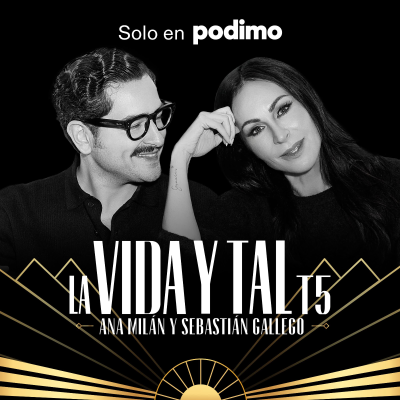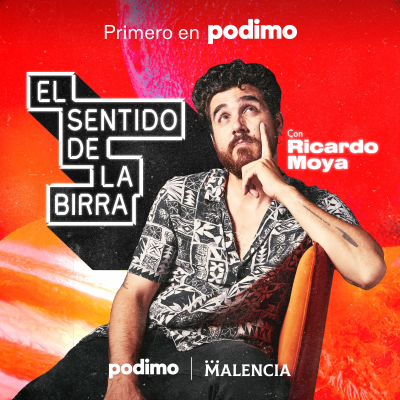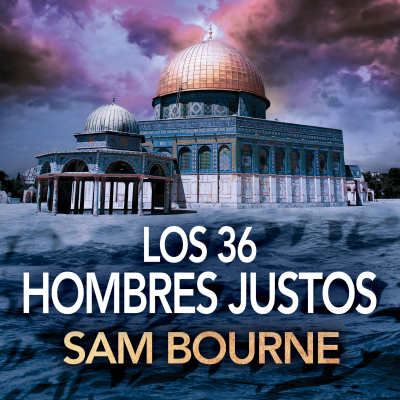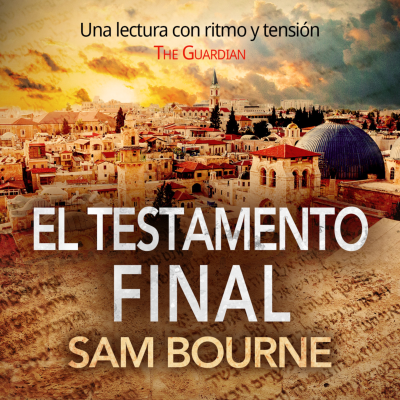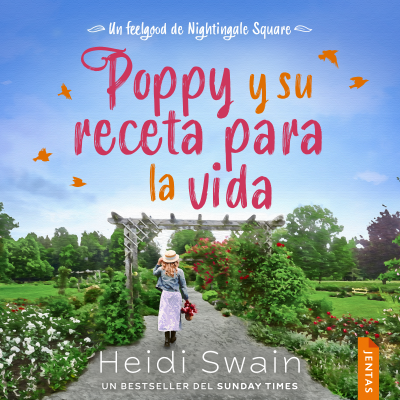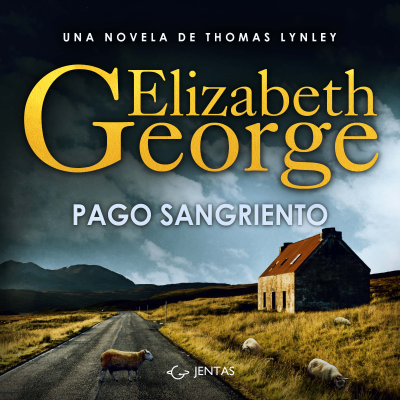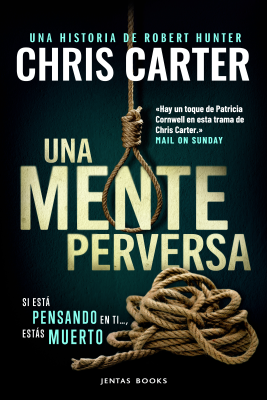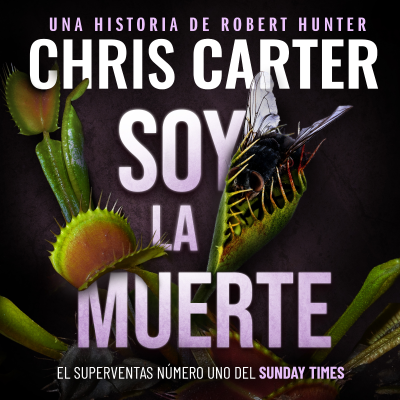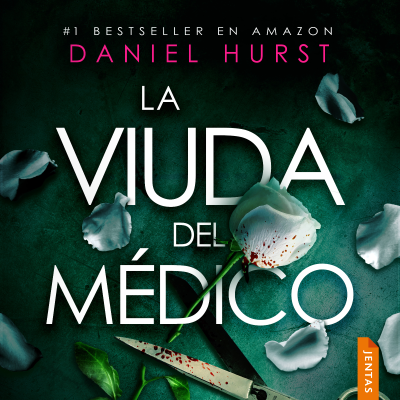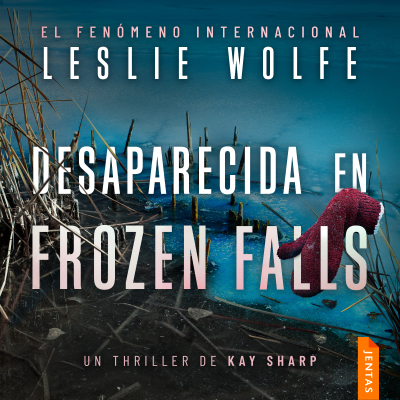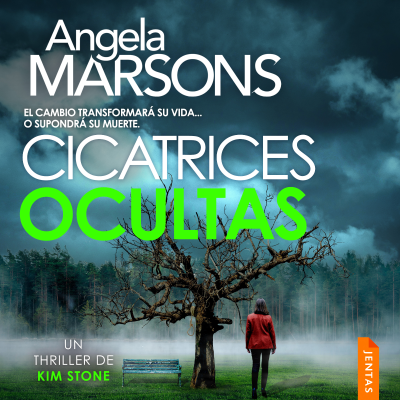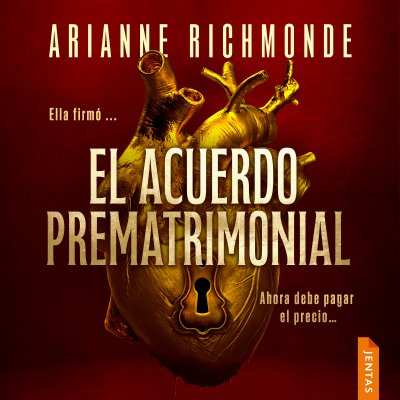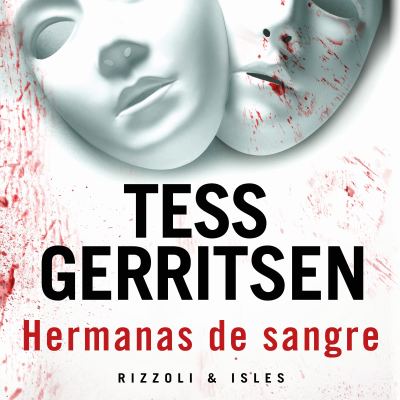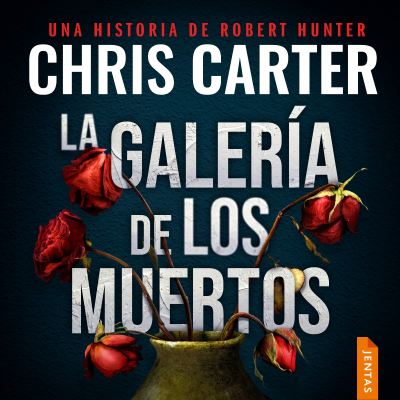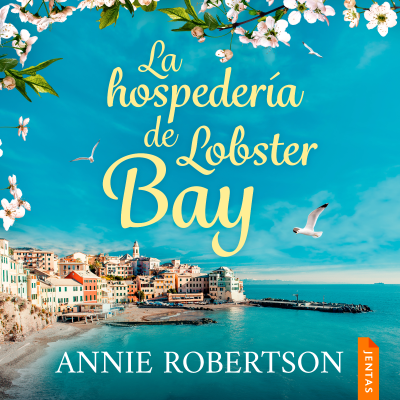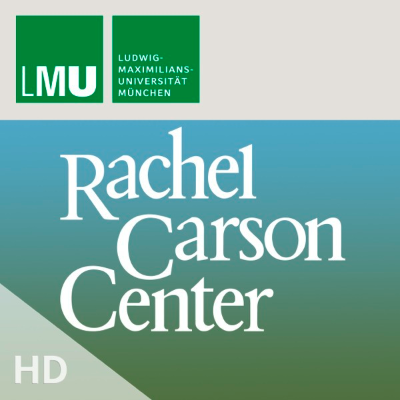
Rachel Carson Center (LMU RCC) - HD
Podcast de Rachel Carson Center (RCC)
Disfruta 30 días gratis
4,99 € / mes después de la prueba.Cancela cuando quieras.

Más de 1 millón de oyentes
Podimo te va a encantar, y no sólo a ti
Valorado con 4,7 en la App Store
Acerca de Rachel Carson Center (LMU RCC) - HD
The Rachel Carson Center for Environment and Society (RCC) is an international, interdisciplinary center for research and education in environmental humanities located in Munich, Germany. It was founded in 2009 as a joint initiative of LMU Munich (Ludwig-Maximilians-Universität) and the Deutsches Museum, and is generously supported by the German Federal Ministry of Education and Research. The center is named after the American biologist, nature writer, and environmentalist Rachel Carson, whose accessible writing raised awareness worldwide about threats to the environment and human health. The Rachel Carson Center aims to advance research and discussion concerning the interaction between human agents and nature, and to strengthen the role of the humanities in current political and scientific debates about the environment. By bringing together scholars who work in various disciplines and national contexts, and communicating the results of their research, the RCC seeks to internationalize environmental humanities and to raise its profile as a globally significant and growing field.
Todos los episodios
15 episodiosRachel Carson Center (RCC), How have humans changed rivers throughout history, and what issues of social and environmental justice shape human interaction with rivers and, more generally, water? These questions shape the research of Carson Fellow Melinda Laituri, who is engaged in a comparative study between the Danube and the Colorado River. By using remotely sensed data, Laituri tracks changes in the development of the river; Laituri’s research also examines the human right to water. Melinda Laituri is currently based in the Department of Forest, Rangeland, and Watershed Stewardship at Colorado State University. Her research focuses on the role of the internet and geospatial technologies of disaster management and cross-cultural environmental histories of river basin management.
Rachel Carson Center (RCC), Carson Fellow Martin Schmid discusses his work on writing the first environmental history of the Danube river; Schmid’s research is part of a larger project on the Danube at the Alpen-Adria-University in Vienna. The Danube has been substantially transformed since 1800 and is, according to Schmid, the most important river in Europe. In order to provide a better understanding of both the development and the importance of the Danube, Schmid begins his history in the 1500s. Martin Schmid is an assistant professor for environmental history and interdisciplinary communications at Alpen-AdriaUniversity Klagenfurt-Graz-Wien in Austria. A historian by profession, Martin is fascinated with environmental history as an interdisciplinary field, crossing the "great divide" between humanities and natural sciences.
Rachel Carson Center (RCC), Climate had a key role in shaping the settlement and development of the West in the United States, according to Carson Fellow Lawrence Culver. By using historical sources, including government land surveys and travel accounts from settlers, Culver demonstrates the important role climate played for both survival and profit in the westward expansion process. Lawrence Culver is an associate professor in the Department of History at Utah State University, where his areas of research and teaching include the cultural, environmental, and urban history of the USA.
Rachel Carson Center (RCC), The transition from socialism to post-socialism has affected many aspects of life in Eastern Europe. By using anthropological participant-observer methodologies, Carson Fellow Stefan Dorondel looks at how this shift impacted land use in these regions; he considers both how people change in relation to the landscape and vice versa. Stefan Dorondel is an anthropologist interested in post-socialist land tenure systems and in land use change.
Rachel Carson Center (RCC), The intersection between neuroscience and history frames Carson Fellow Edmund P. Russell’s research project. Russell looks as the role of functional magnetic resonance imagining (FMRI) in historical research, especially with regard to its effect on human understanding of different types of environments. Edmund P. Russell is an associate professor at the Department of Science, Technology, and Society and the Department of History at the University of Virginia. His research focuses on environmental history and the history of technology.

Valorado con 4,7 en la App Store
Disfruta 30 días gratis
4,99 € / mes después de la prueba.Cancela cuando quieras.
Podcasts exclusivos
Sin anuncios
Podcast gratuitos
Audiolibros
20 horas / mes
